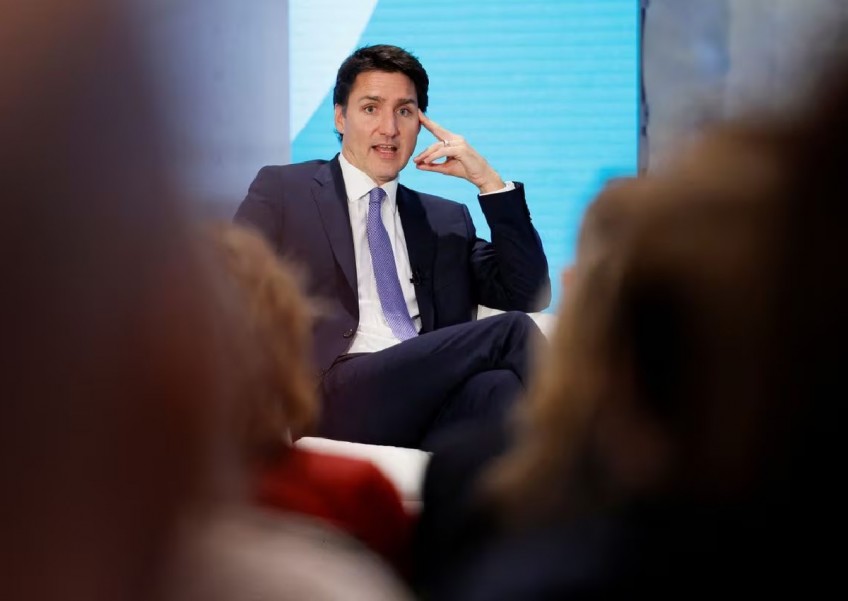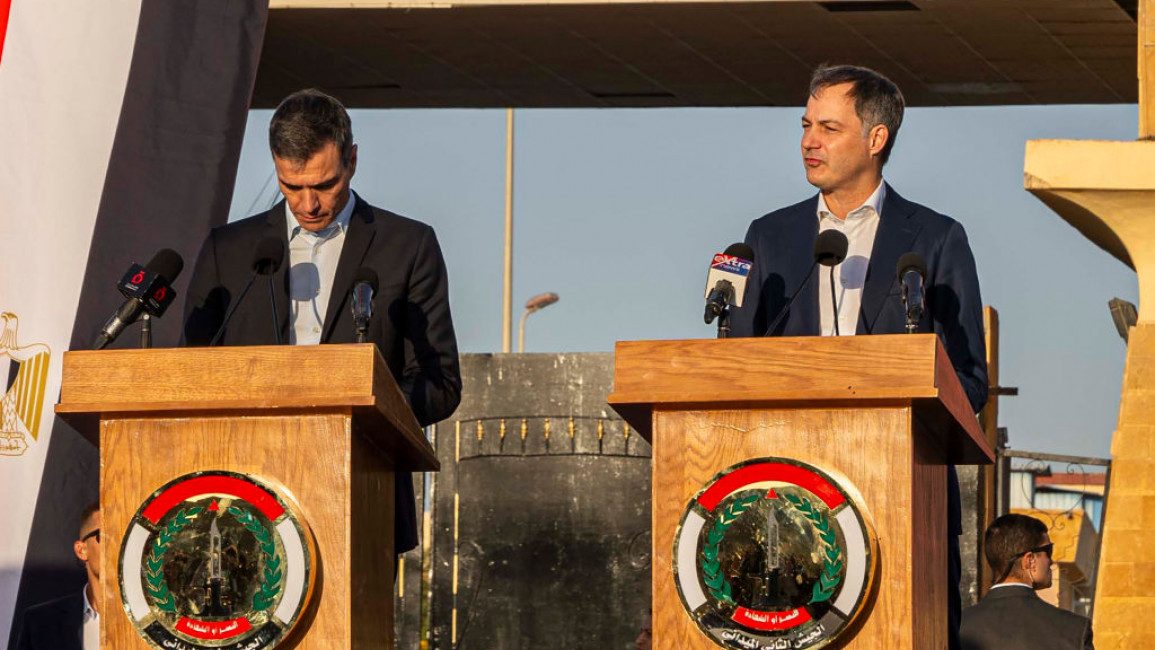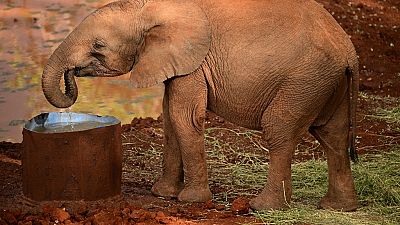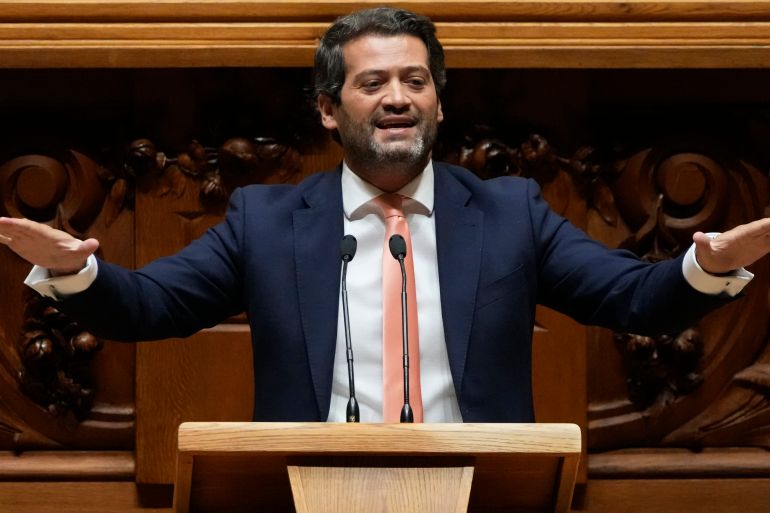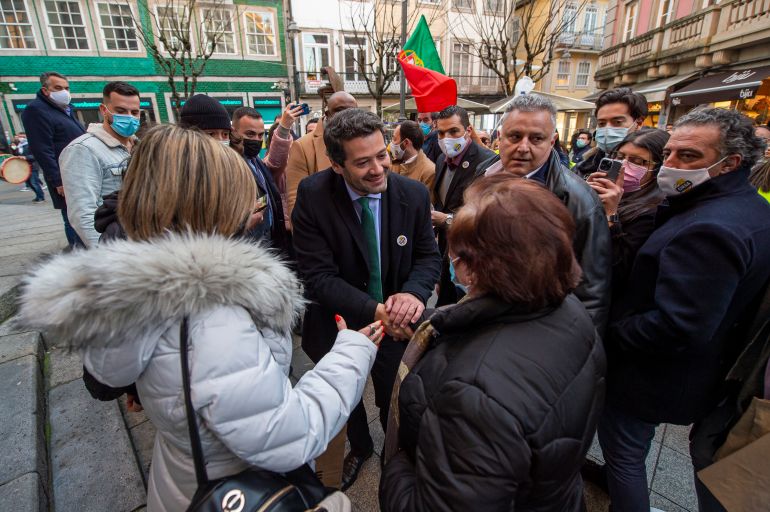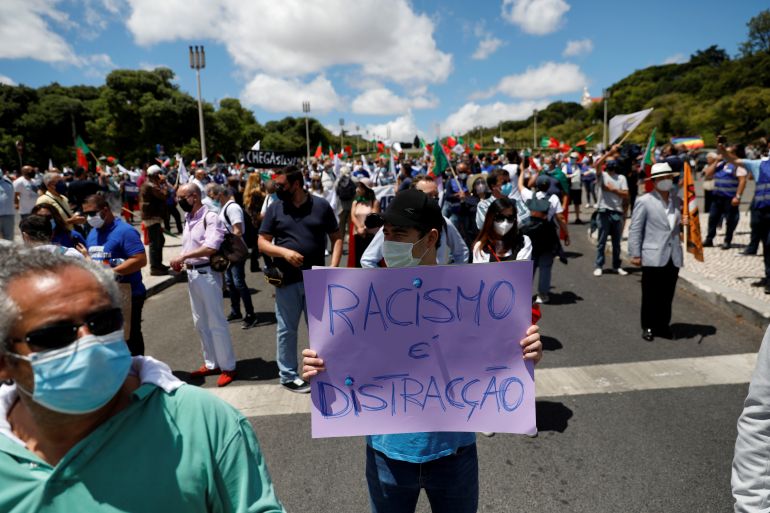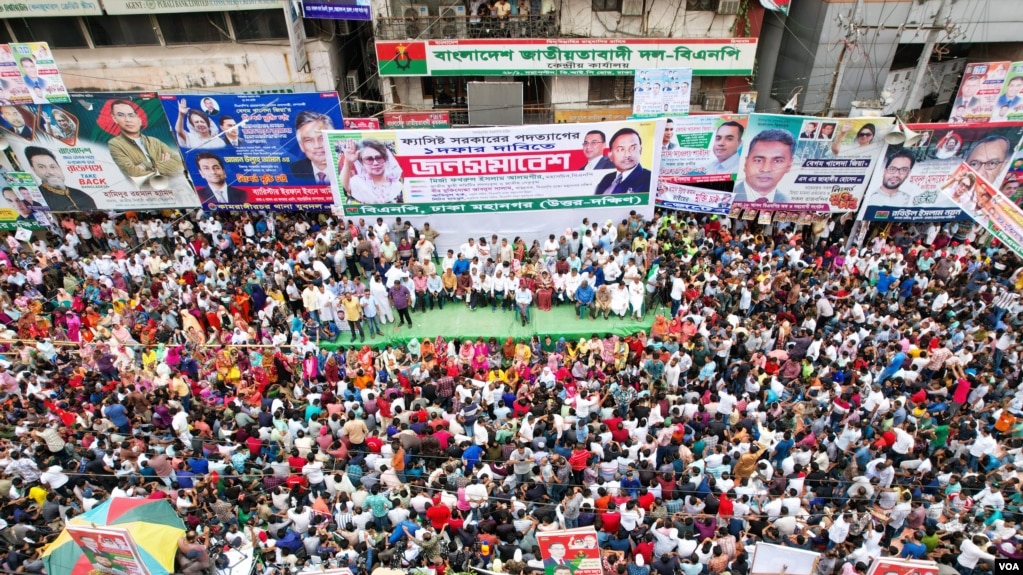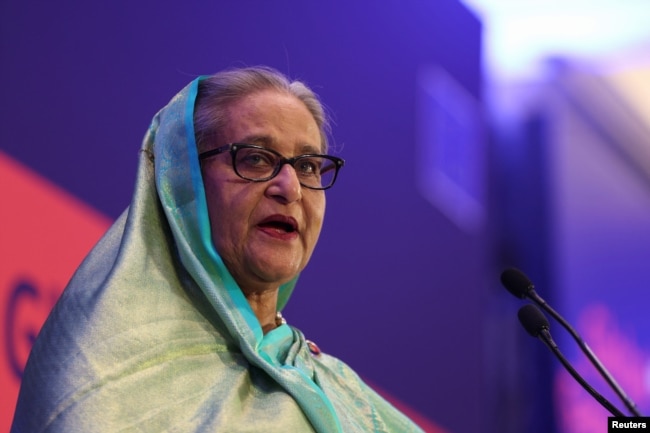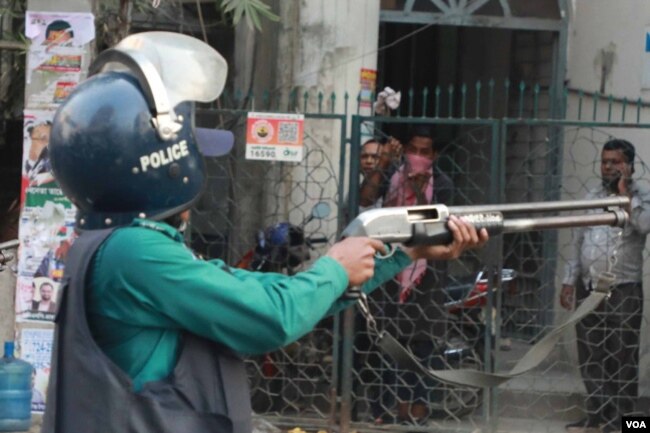Posted On : November 24, 2023

A recent surge in national criticism has emerged towards Japanese media corporations due to their shortcomings in reporting on the sexual abuse perpetrated by the founder of the prominent talent agency “Johnny & Associates”. In 2019, Johnny Kitagawa, who used his celebrity status to molest aspiring male pop stars over decades, died in impunity at the age of 87. Notably, the Shukan Bunshun news magazine brought his abuses to light as far back as 1999, but the publisher faced a lawsuit from “Johnny & Associates”. Despite Kitagawa’s behavior being an open secret in the music industry, other mainstream media outlets refrained from covering the issue, fearing repercussions from the respected corporation.
More broadly, one could be surprised to see Japan’s robust parliamentary democracy ranked 68th out of 180 nations surveyed in the World Press Freedom Index – the lowest among the G7 countries. Domestic experts express concern over the decline in press freedom over the last decade. While not widely recognized internationally, Japanese media operate under the shadow of subtle layers of increasing repression.
Corporate pressures – The first obstacle
Japan boasts one of the most developed newspaper markets globally, with Yomiuri and Asahi Shimbun (‘newspaper’ in Japanese) achieving the world’s highest circulation at 6.8 and 4 million newspaper copies daily, respectively. Historically, print newspapers have dominated the Japanese media environment. Media outlets relied on advertisement revenues to sustain their structure, while companies depended on media exposure for sales. This arrangement allowed Japanese media to expose scandals operating within the business sector without fearing reprisals.
However, traditional media conglomerates have faced significant revenue declines due to emerging web competition. Daily newspaper circulation dropped from 47.8 million in 2012 to 30.8 million in the past year. To ensure the survival of the print format, mainstream media shifted from the ‘advertisement model’ to the ‘subscription model’, making journalists more vulnerable to pressure from influential business partners. In the case of Kinagawa’s scandal, media companies refrained from reporting on the issue due to the financial consequences if members of the talent agency refused to appear in television programs or interviews.
The Kisha Club – the Government’s armory
Access to information in Japan is strictly controlled through a specific institution that dominates the media landscape: the Kisha Kurabu. These exclusive press clubs were designed to support politicians and act as the sole conduit for media outlets to access governmental information directly. Members of mass media organizations, such as NHK, are the only journalists allowed to join political events, attend briefings, and interview officials. They must submit questions before attending press conferences. Because of these different regulations, reporters’ rotation and potential disruptors’ presence are avoided. Added to this is the fact foreign news organizations and freelancers are formally excluded from these national press clubs. The uniformity of publication and the lack of investigative journalism are hence fostered.
The Kisha clubs reward self-censorship, as politicians and bureaucrats have the power to intimidate journalists. Fear of jeopardizing may impede the publishing of unfavorable columns. Sensitive topics – such as homosexuality, nuclear energy, religion, or Japan’s role during the Second World War – continue to be avoided in editorial agendas.
National media have also traditionally refused clear and transparent political endorsement. The medium where political impartiality is the most visible is television broadcasting. The audience faces the glaring absence of political debates and the need for talk shows to be written in advance. The lack of coverage of political ideologies impedes the Japanese public from constructing their own opinions and encourages a growing political disinterest.
An ambiguous legal framework
Article 21 of the Constitution proscribes censorship and protects the freedoms of “speech and press”. On paper, Japan safeguards the free press. Still, several policies enacted in the last decade present negative implications for the public’s ‘right to know’. In 2013, the administration of Shinzo Abe passed a ‘state secrecy’ act. This policy gives a range of officials the authority to limit access to public information when they deem it concerning national security. Journalists face up to five years in prison for reporting classified information passed on by whistleblowers. This law represents a precious political weapon: even though no sanction has been applied yet, it inevitably stifles public debate on political issues.
In South Korea: the war against ‘fake news’
In neighboring South Korea, journalists undergo similar forms of mounting repression against their investigative work. Since the election of Yoon Suk-yeol last year, authorities have repeatedly raided offices of press outlets publishing critical reports on the President. This crackdown intensified in September 2023 when the government menaced the online news outlet Newstapa. The South Korean prosecution alleges that journalists had defamed Yoon when he was a presidential candidate, defining it as an attempt to interfere in elections. Newstapa published an article exposing the president’s involvement in a corruption scandal through a money transfer when Yoon was a prosecutor in 2011.
While the governments of Kishida in Japan and Yoon in South Korea currently present similar threats to freedom in their national mediatic spheres, their use of ambiguous language to define ‘fake news’ and ‘disinformation’ raises concerns as it may allow their government to further restrict free speech on flimsy pretexts in the future.
Edited by Margaux Zani
The opinions expressed in this article are solely those of the author and they do not reflect the position of the McGill Journal of Political Studies or the Political Science Students’ Association.
Featured image by Isis Desvelada.




